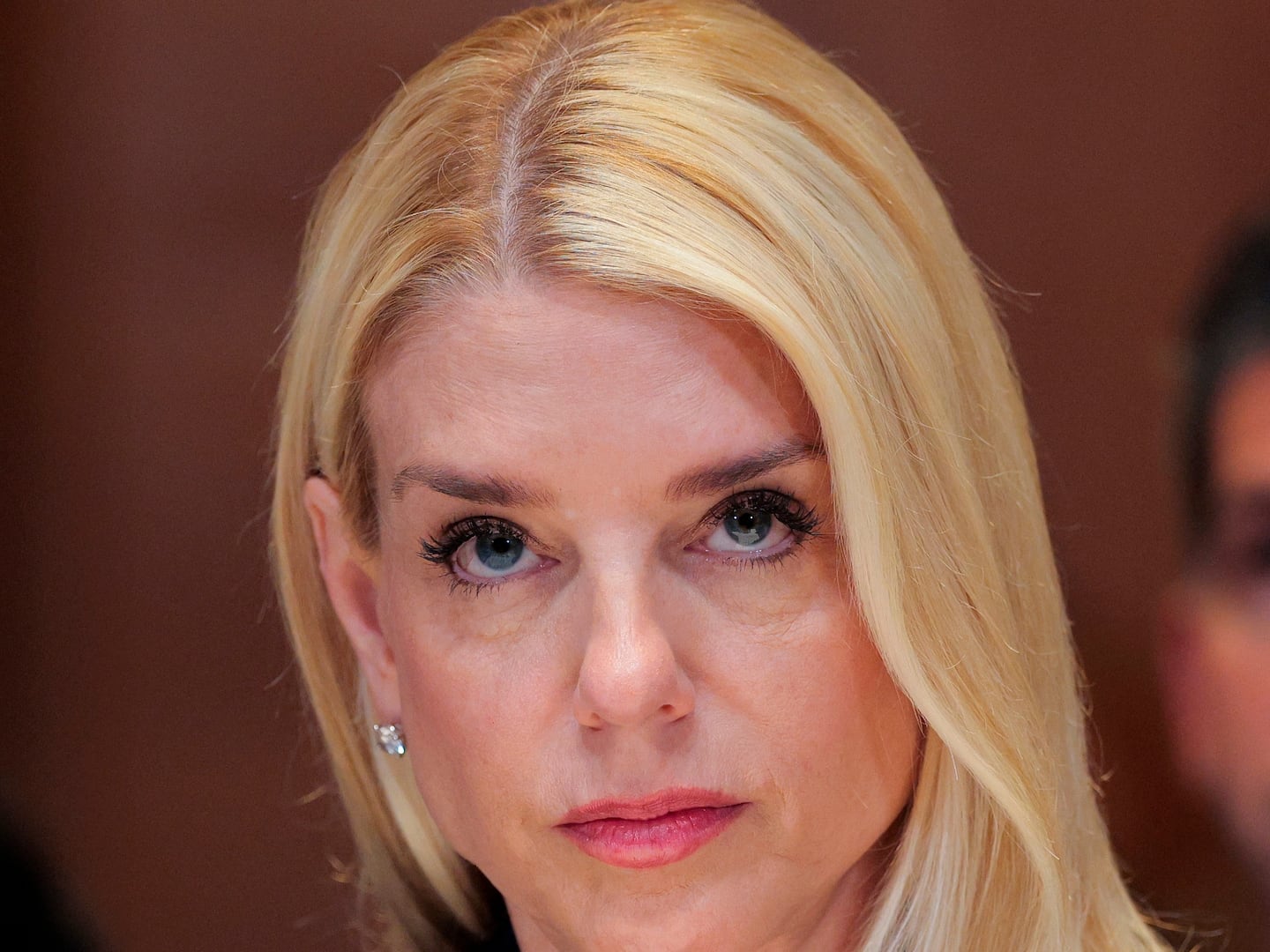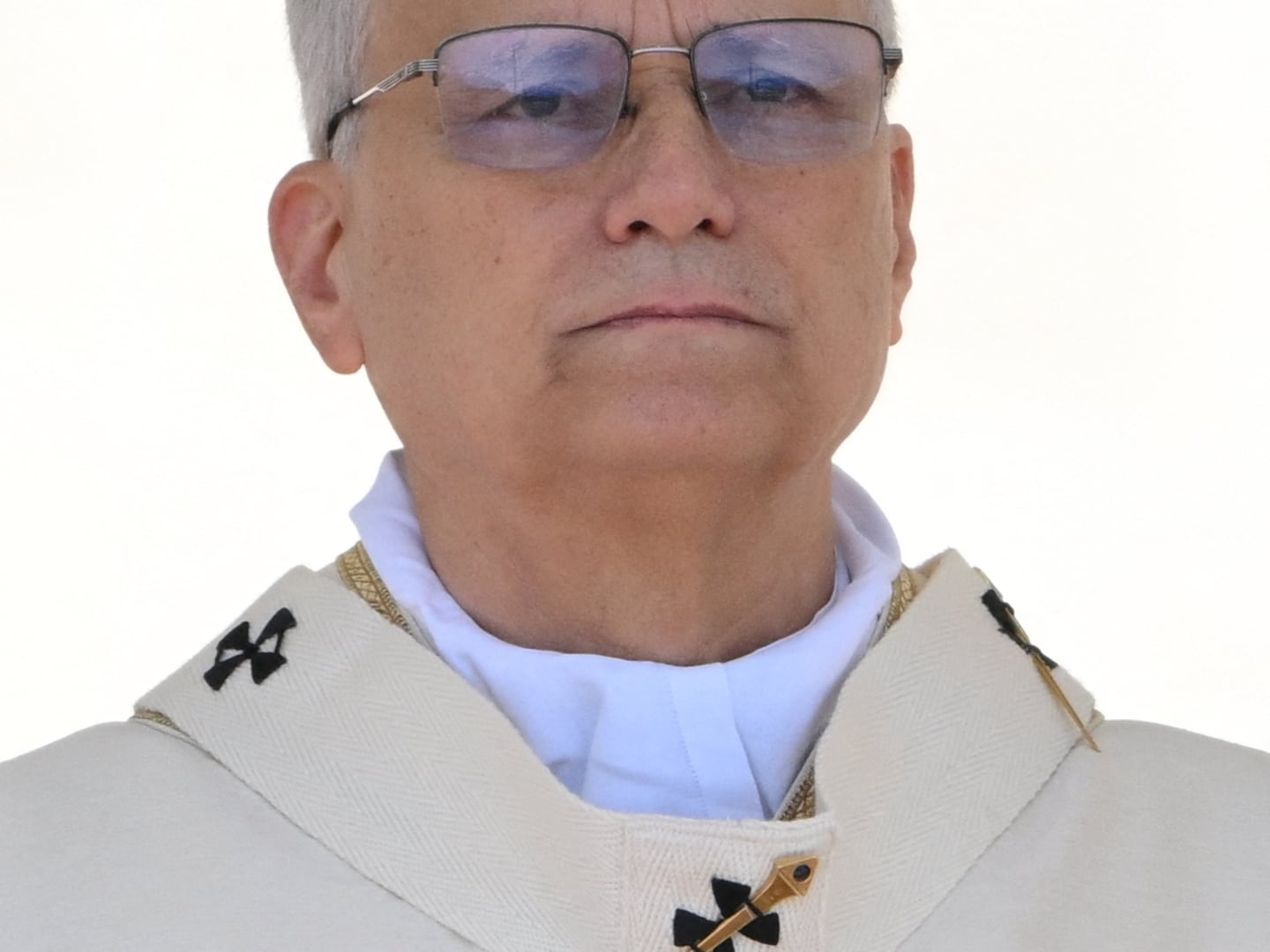There’s a phrase judges use in an opinion that any lawyer instantly recognizes as a sure sign the case is lost; it’s when the court praises “counsel’s commendable candor.” That’s legalese for saying the lawyer admitted he’s got a losing argument.
Today, Justice Ruth Bader Ginsburg committed a different kind of commendable candor; one rarely if ever issued from the solemn halls of the Supreme Court.
Ginsburg’s moment of candor came when she was finally asked face to face by Elle Magazine the question many Court watchers and anxious liberals have been wondering for a couple of years now—why she wasn’t planning on stepping down soon so that a Democratic president could nominate her successor.
The 81-year-old Ginsburg, a cancer survivor, said: “Who do you think President Obama could appoint at this very day, given the boundaries that we have? If I resign any time this year, he could not successfully appoint anyone I would like to see in the court. Anybody who thinks that if I step down, Obama could appoint someone like me, they’re misguided.”
It’s not the substance of what she said that’s so surprising; it’s highly unlikely that, with 60 votes needed to confirm a nominee, Obama would have any chance of success whether the GOP has 48 senators or 52 (I made the same argument in a recent Beast column).
No, what’s surprising is that Justice Ginsburg openly acknowledged the political calculations that are governing her decisions. This is something justices are just not supposed to do, no matter how obvious it is that everything from their appointments to their decisions to their behavior are often inextricably entwined with politics. Those black robes, those marble halls and columns, those lifetime appointments, are all supposed to suggest a magisterial ascension from the grubby business of vote-gathering to the rarified atmosphere of high-minded decision-making.
That’s why “judicious” means what it does. That’s also why, when Justice John Paul Stevens told ABC’s George Stephanopoulos that “you have to have an interest in who is going to fill your shoes,” he said it four years after he resigned from the Court. That’s also why justices’ political hopes and fears are best expressed privately, as Sandra Day O’Connor did on Election Night 2000, when Florida was originally called for Gore.
”This is terrible,” Newsweek quoted her as saying; she’d been hoping to step down, but was not eager to let a President Gore name her successor. (In the event, Bush became president, and O’Connor did not resign until 2006—and later expressed her unhappiness with the Court’s decision, in which she joined, that put Bush in the White House.)
There was a time, not that long ago, when many Supreme Court justices were drawn from the ranks of politicians: William Howard Taft, Hugo Black, James Byrnes, Earl Warren, and Sandra Day O’Connor all held elective office, while others--Byron White, Arthur Goldberg, William Rehnquist—all held high-ranking political posts in presidential administrations. The current Court, though, is full not of pols but of judges; only Elena Kagan lacks prior experience as a federal judge.
Once put on the Court, of course, justices are supposed to cease anything approaching political activity, sometimes to their discontent (Arthur Goldberg once lamented, “when I was Secretary of Labor, my phone never stopped ringing; now it never rings.”) In a few cases, however, justices kept up a “political life” of one sort or another.
Justice Charles Evans Hughes did not campaign for the 1916 Republican presidential nomination, but he indicated his willingness to accept it; he won it, and lost narrowly to President Wilson. In 1931, he went back to the Court as Chief Justice. Felix Frankfurter, a key New Deal adviser to Franklin Roosevelt, never stopped peppering FDR with advice after he joined the Court in 1938, advice Roosevelt rarely took. And William O. Douglas never stopped trying to achieve his lifelong ambition: the presidency of the United States. He came close: In 1944, FDR named him and Harry Truman as acceptable running mates. Roosevelt died just three months into his term.
No justice, however, was the equal of Abe Fortas in keeping one foot—make that one and a half feet—in the political arena. A longtime confidant of and lawyer for Lyndon Johnson, Fortas remained a close advisor after joining the Court. He attended White House strategy sessions on Vietnam and Israel; a private phone line linked his court office to the Oval Office. It was an open secret, and one that discomfited several of his brethren.
There are less obvious political ties to the Court: Presidents sometimes want advice from sitting justices about future nominations—and the justices seem more than willing to provide it. In 1962, President Kennedy was looking to name Court of Appeals Judge William Hastie as the first black justice. But Chief Justice Earl Warren objected: "He's not a liberal and he'll be opposed to all measures we are interested in, and he would be completely unsatisfactory,” Warren told the White House. Byron White, an ex-college football star who worked in Bobby Kennedy’s Justice Department, was chosen instead.
So what accounts for Ginsburg’s openness? In part, it may stem from what looks like an increasingly “political” Court. There was a time when justices often voted in ways that infuriated the presidents who appointed them and the parties from which they sprung. The politically liberal Frankfurter became the liberals’ bete noire as an apostle of “judicial restraint”; Democrat Tom Clark, nominated by Harry Truman, was highly skeptical of civil liberties claims; Eisenhower appointees Earl Warren and William Brennan became reliable liberals, as did Nixon appointee William Blackmun and George H.W. Bush choice David Souter.
But Souter, named to the Court in 1990, is the last such example. Partly in response to his “apostasy,” presidents have become much more careful about picking judges who by and large will follow a predictable political path. On the Court bench today, only Anthony Kennedy holds the unofficial title of “swing vote,” and only on a few issues, such as gay rights. And Kennedy has been on the bench since 1988.
So maybe Justice Ginsburg was simply responding to a new reality. If the pretense of “non-political” Court is now just about universally scorned, why not recognize the elephant—or donkey—in the room?






